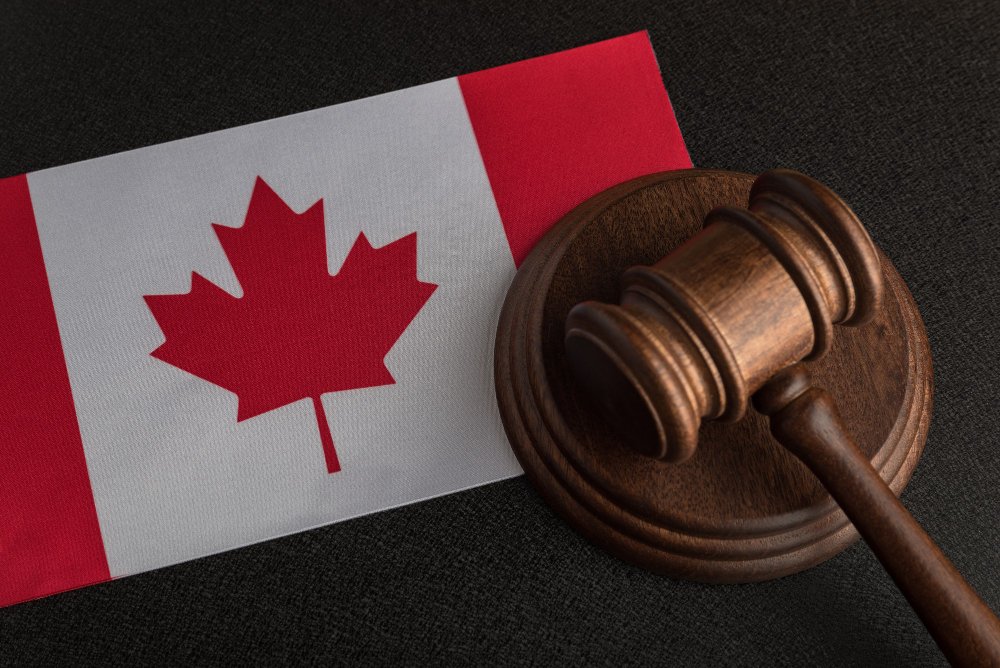- info@queensimmigrationinc.com
- Unit 550-2950 Douglas Street Victoria, British Columbia, V8T 4N4, Canada
Inadmissibility and Refusal Cases

Introduction
Welcome to Queens Immigration Inc., your dedicated partner in addressing complex immigration challenges. We understand that inadmissibility and visa refusal cases can be overwhelming, but our experienced team is here to provide comprehensive guidance, explore your options, and work towards a successful resolution.
Understanding Inadmissibility:
Inadmissibility arises when an individual is found ineligible to enter or remain in Canada due to certain criteria outlined in immigration laws. For instance, a person with a criminal record may be deemed inadmissible due to criminality.
Individuals with medical conditions that could pose a threat to public health might be found inadmissible. This could include certain infectious diseases that require medical treatment or quarantine upon arrival.
Dealing with Refusal Cases:
A visa refusal occurs when an immigration officer determines that an applicant does not meet the criteria for a visa or permit. For instance, if an applicant fails to provide adequate proof of funds to support their stay in Canada, their application could be refused.
An applicant's visa application might be refused if they fail to demonstrate strong ties to their home country, raising concerns about their intent to return. This could be the case if the applicant is unemployed and lacks compelling reasons to return.
Dealing with Refusal Cases:
If an individual has a criminal record and is deemed inadmissible, our immigration experts will assess their situation and advise on options like applying for Criminal Rehabilitation to overcome inadmissibility.
If a visa application is refused, applicants have the option to request a reconsideration. If that is unsuccessful, they might appeal to the Immigration Appeal Division (IAD) for family sponsorships or the Refugee Appeal Division (RAD) for refugee claims.
If someone is inadmissible due to past criminal offenses, they may apply for Criminal Rehabilitation after a certain period of time has passed since the completion of their sentence.
An applicant whose study permit application was refused due to inadequate proof of funds can reapply with stronger evidence, such as a detailed bank statement or financial sponsorship.
Appealing Inadmissibility Decisions:

Immigration Appeal Division (IAD):
If a sponsorship application is refused due to concerns about the genuineness of the relationship, the sponsor can appeal to the IAD by providing additional evidence of the relationship's authenticity.

Refugee Appeals:
A refugee claimant whose claim was refused by the Refugee Protection Division (RPD) can appeal to the RAD by providing new evidence that wasn't available during the initial hearing.
Seeking Legal Representation:

The Role of Immigration Lawyers:
Immigration lawyers can assist with complex inadmissibility cases, such as helping applicants understand the criminal rehabilitation process and gathering the necessary documents for a successful application.

